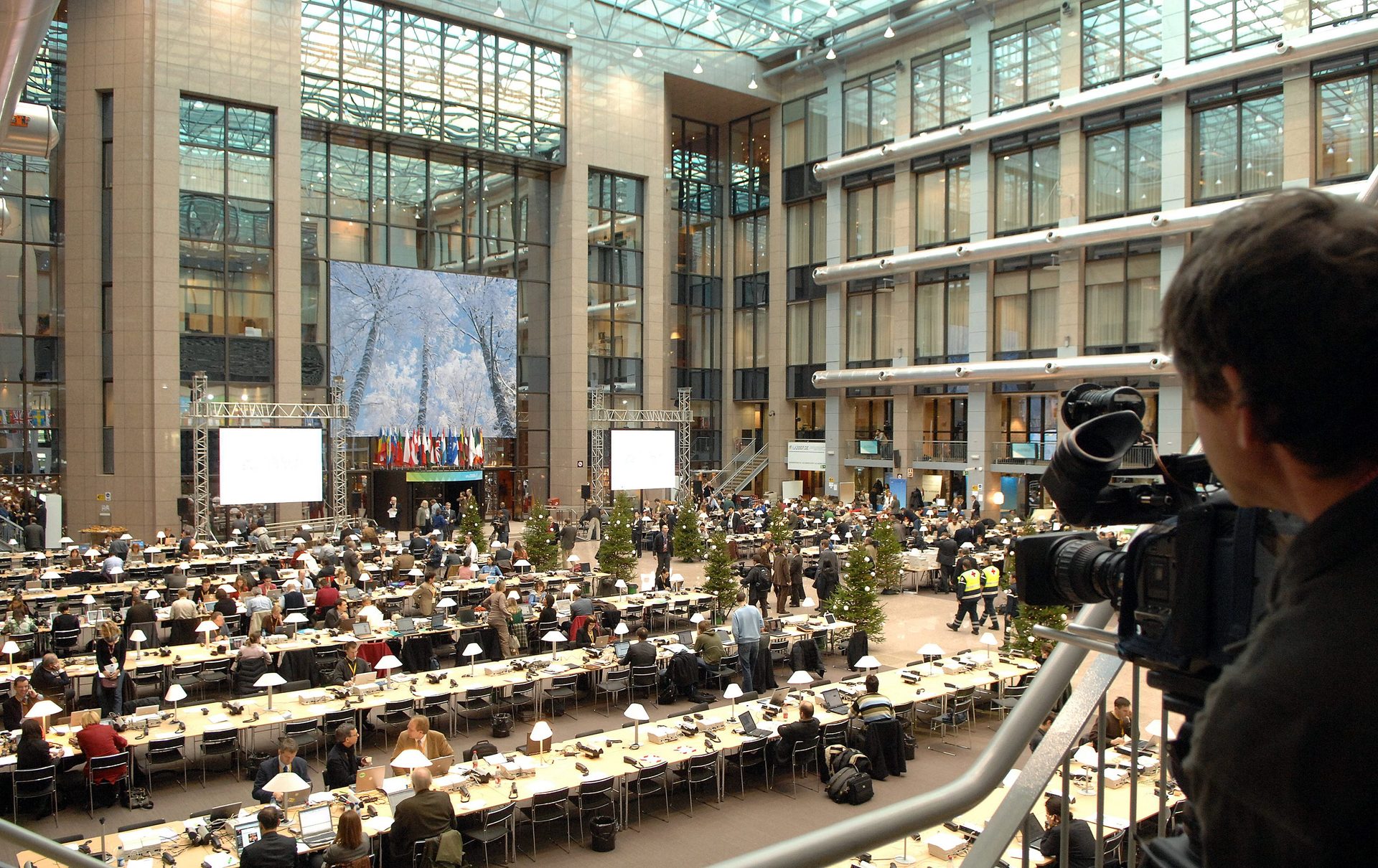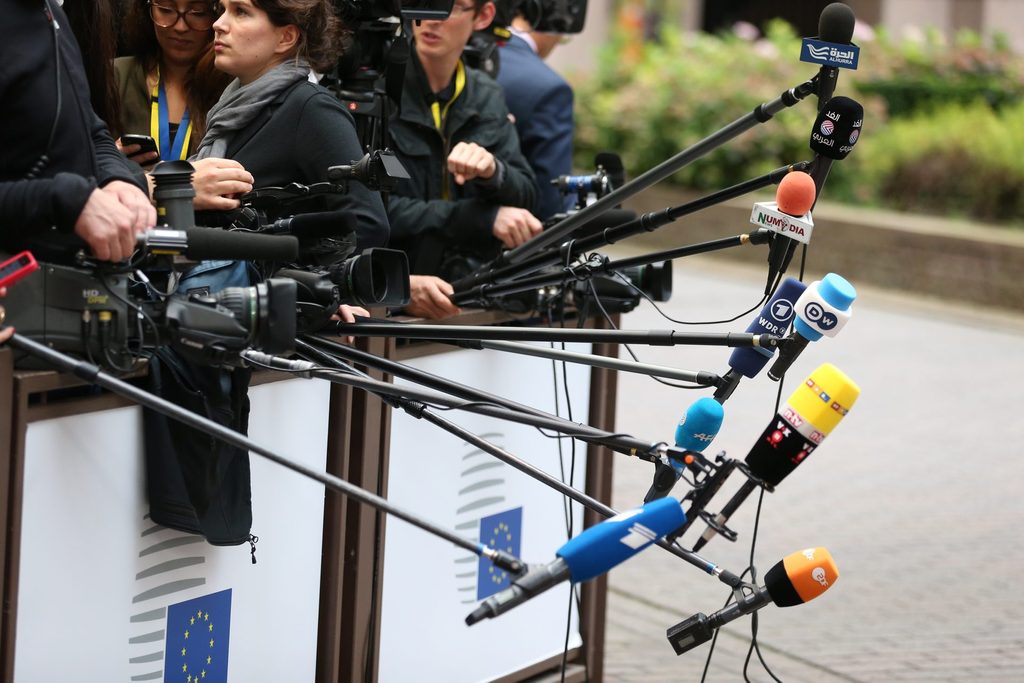A new EU media law agreed in the European Council on Wednesday has failed to prevent the intrusive surveillance of journalists in the bloc, including through the use of spyware.
EU Member State ambassadors passed the European Council's position on the European Media Freedom Act (EMFA) that was initially designed to safeguard media freedom, pluralism and independence in the EU. But wide-ranging exemptions were carved out by EU ambassadors at the Council on Wednesday, now permitting the use of spyware against journalists operating in the EU.
Leading the push to allow media surveillance for reasons of "national security" were France and Germany. Importantly, the national security clause is listed without fundamental rights safeguards.
The decision greatly weakens journalist protections, despite the EU Commission's initial aim being to introduce a regulation that protects journalists and media organisations from political interference.
"The Council is taking dangerous steps towards legalising unacceptable forms of surveillance against journalists and their sources. If confirmed, these changes would kill all the potential the EMFA has to stop spyware scandals in the EU," stated Senior Policy Advisor at the European Digital Rights Initiative (EDRi), Chloé Berthélémy.
A spokesperson for the EU Commission told reporters on Thursday that he would "not comment on every step of the legislative process," when asked about the concern that now spyware could be used against journalists. He also referred to the Commission's original proposal which prohibits the use of spyware against journalists, but leaves the door open for its exceptional use.
Liberté, sureté
Earlier this month, France introduced an exception to the ban on deploying spyware against journalists in the European Media Freedom Act.
This essentially gives Member State authorities grounds for the surveillance of journalists for reasons of security. National security has already been the justification used by governments in Greece, Spain, Hungary and Poland, all of which were exposed for deploying spyware against journalists.

Credit: Belga / Herwig Vergult
With the draft having been adopted on Wednesday with minor amendments, civil society and journalist organisations have strongly condemned the new text, with the European Federation of Journalists (EFJ) "strongly rejecting" the position of the Council on the EMFA.
'A blow to media freedom'
The EFJ called it "a blow to media freedom, arguing that such legislation would put journalists and their sources even more at risk," arguing that such legislation would put journalists and their sources even more at risk.
A few days before the vote, an open letter was sent to the Council by leading human rights and journalist organisations, urging that the "national security" exception be withdrawn. The letter also highlighted the need to restrict the list of crimes that can make allowance for repressive surveillance of journalists, and to reinforce legal safeguards.
The EU Presidency of the Council now has a mandate to begin negotiations with the European Parliament, who still has to establish its own position on the EMFA regulation.

